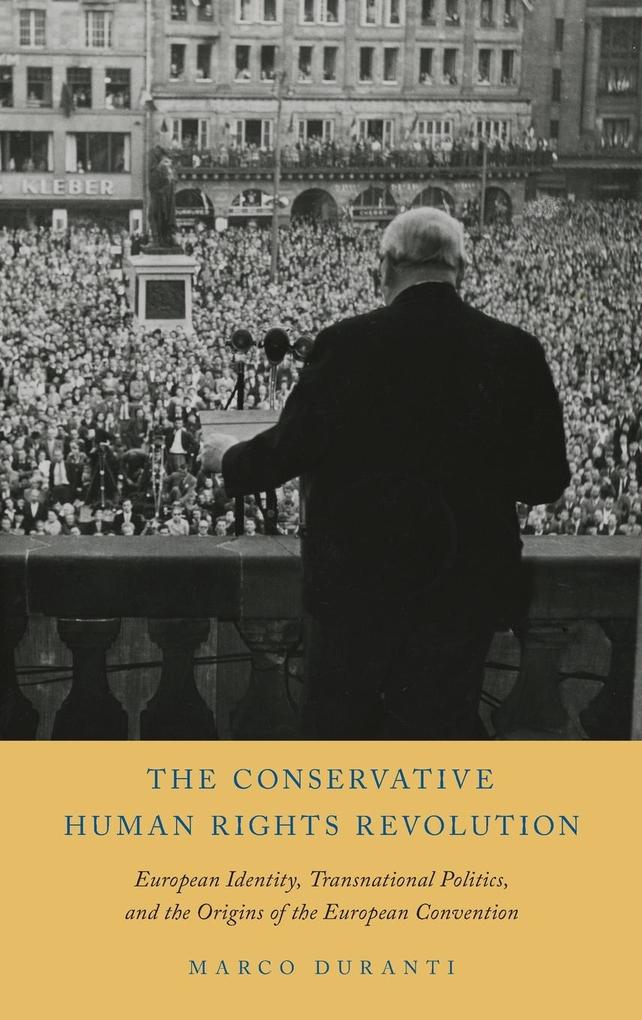
Zustellung: Di, 03.06. - Sa, 07.06.
Versand in 2 Wochen
VersandkostenfreiBestellen & in Filiale abholen:
The Conservative Human Rights Revolution reconsiders the origins of the European human rights system, arguing that its conservative inventors, foremost among them Winston Churchill, conceived of the European Convention on Human Rights (ECHR) as a means of realizing a controversial political agenda and advancing a Christian vision of European identity.
Inhaltsverzeichnis
- Acknowledgments
- Introduction
- PART ONE: Reflections on the Conservative Human Rights Revolution in Postwar Europe
- (1946-50)
- Chapter 1: The Ethical Foundations of European Integration
- Chapter 2: Human Rights and Conservative Politics
- Chapter 3: Revolutions and Restorations
- PART TWO: Human Rights, Memory, and the Romantic Origins of International Justice
- (1899-1950)
- Chapter 4: The Romance of International Law
- Chapter 5: Internationalism Between Nostalgia and Technocracy
- Chapter 6: Churchill, Human Rights, and the European Project
- Chapter 7: Postwar Reconciliation and Cold War Human Rights
- PART THREE: Free-Market Conservatism, Christian Democracy,
- and the European Convention on Human Rights
- (1944-59)
- Chapter 8: Neoliberal Human Rights in Postwar Britain
- Chapter 9: Neomedieval Human Rights in the Shadow of Vichy
- Chapter 10: Catholic Human Rights in Postwar France
- Chapter 11: Rethinking the ECHR's Original Intent
- Conclusion
- Epilogue: A European Union Without Qualities
- Notes
- Bibliography
- Index
Produktdetails
Erscheinungsdatum
17. Januar 2017
Sprache
englisch
Seitenanzahl
528
Autor/Autorin
Marco Duranti
Verlag/Hersteller
Produktart
gebunden
Gewicht
816 g
Größe (L/B/H)
236/155/46 mm
ISBN
9780199811380
Entdecken Sie mehr
Bewertungen
0 Bewertungen
Es wurden noch keine Bewertungen abgegeben. Schreiben Sie die erste Bewertung zu "Conservative Human Rights Revolution" und helfen Sie damit anderen bei der Kaufentscheidung.










